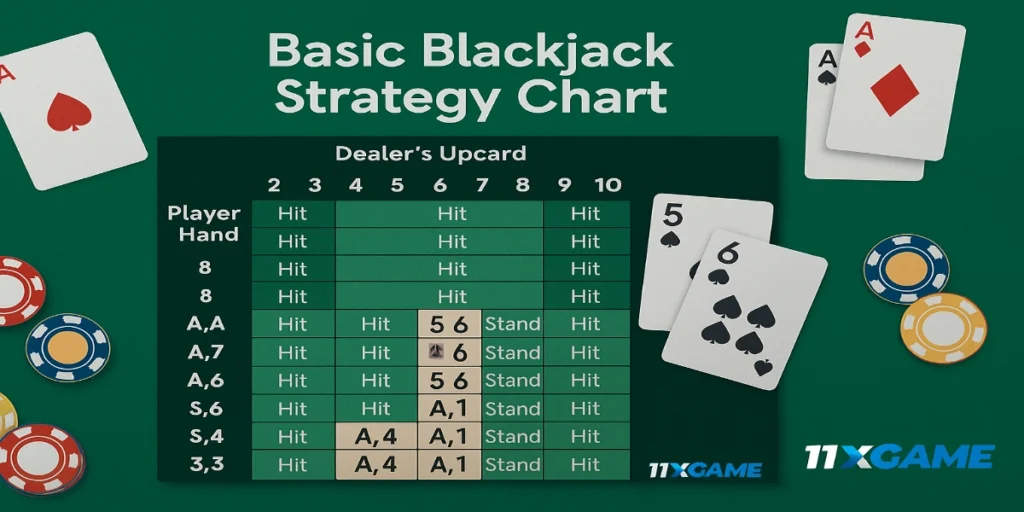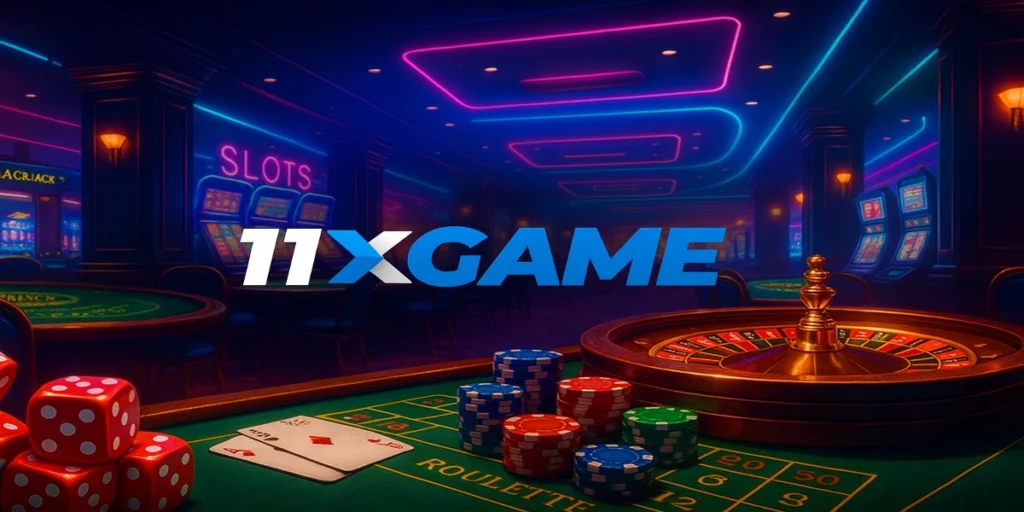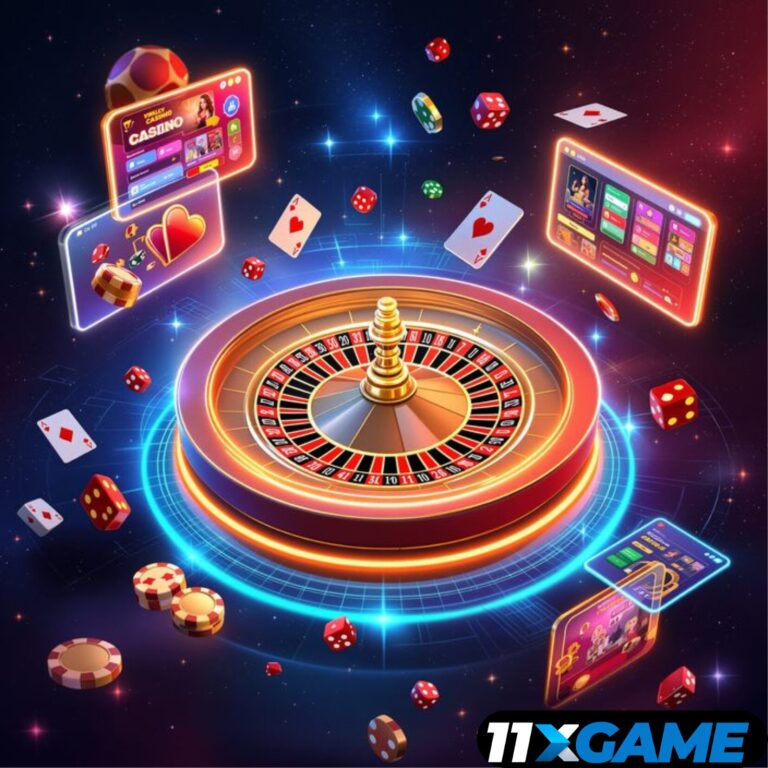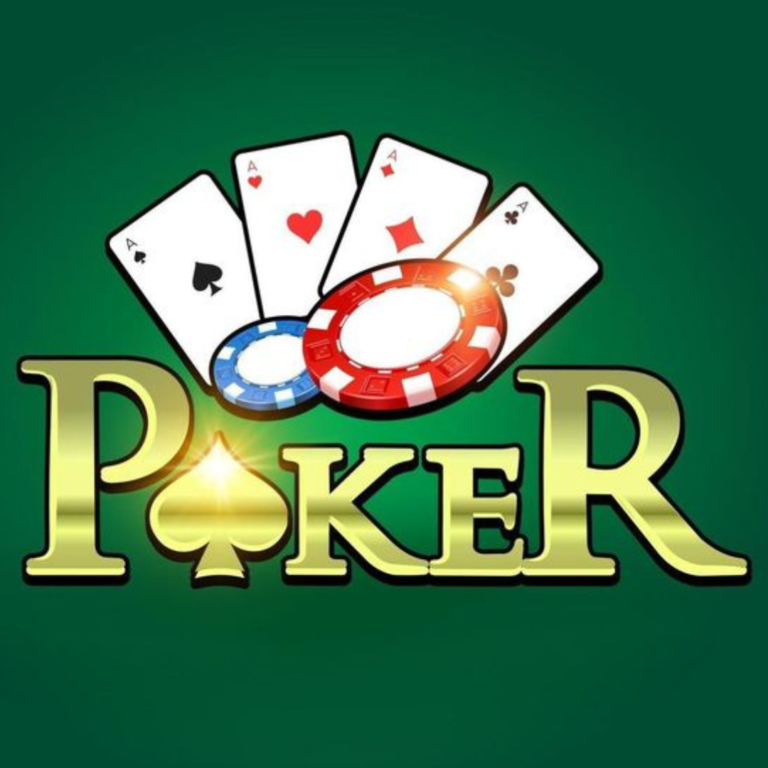The Ultimate Beginner’s Guide to Blackjack
Blackjack, also known as 21, is one of the most popular and exciting casino card games in the world. Unlike many other casino games that rely purely on luck, Blackjack combines chance and strategy, giving players a unique opportunity to influence the outcome. If you’ve ever wanted to try your hand at the game, this guide will teach you everything you need to know – from the basic rules to strategies that can help you play smarter.
Objective of the Game
The goal of Blackjack is simple: get a hand value closer to 21 than the dealer without going over.
Each player is dealt two cards, and so is the dealer (one face-up, one face-down). Players then have a choice to draw more cards (“hit”) or keep their current total (“stand”) until they’re satisfied with their hand or go bust (exceed 21).

Card Values
- Number Cards (2-10): Count as face value
- Face Cards (J, Q, K): Each counts as 10
- Aces (A): Can be worth either 1 or 11, whichever benefits the hand more
Example:
If you have an Ace and a 7, your total is 18 (Ace = 11). But if you draw another card, say a 9, the Ace will now count as 1, making your total 17 (not 27).
Winning and Payouts
You win in Blackjack by:
- Having a hand value closer to 21 than the dealer.
- The dealer going over 21 (bust).
- Getting a Blackjack (Ace + 10-value card) on your first two cards.
Payouts:
- Regular Win: Pays 1:1
- Blackjack: Pays 3:2 (some casinos may pay 6:5, so check rules)
- Insurance Bet: Pays 2:1 (only offered when dealer shows an Ace – usually not recommended)
Basic Gameplay Terms
- Hit: Take another card
- Stand: Keep your current total
- Double Down: Double your bet, take only one more card
- Split: If you have two cards of the same value, split them into two hands (requires an extra bet)
- Surrender: Give up your hand early and get half your bet back (not always available)
Basic Blackjack Strategy
Unlike pure luck games, Blackjack has an optimal strategy based on mathematical probabilities. Using a Blackjack Strategy Chart can reduce the house edge to as low as 0.5%.
Here are some general strategy tips:
- Always hit when you have 8 or less.
- Stand when you have 17 or more (unless it’s a “soft” 17 with an Ace counted as 11).
- Double down on 11 if the dealer shows a lower card (2-10).
- Split Aces and 8s – this gives you a much better chance of winning.
- Never split 10s or 5s – they are strong starting hands.
- Avoid insurance bets – they look tempting but generally favor the house.
Tips for Beginners
- Learn the Rules First: Spend time understanding the game before risking money.
- Start Small: Play low-stakes tables until you’re comfortable.
- Use Free Games Online: Practice without risk to gain confidence.
- Manage Your Bankroll: Decide how much you’re willing to spend before playing.
- Take Breaks: Avoid chasing losses and playing when tired or emotional.

Common Mistakes to Avoid
- Ignoring Strategy Charts: Playing purely on gut feeling can cost you money.
- Chasing Losses: Increasing bets to recover losses usually leads to bigger losses.
- Playing at 6:5 Tables: Always look for 3:2 payout tables when possible.
- Forgetting About the Dealer: The dealer’s face-up card is key to deciding your move.
Blackjack Variations
Casinos and online platforms offer many variations of Blackjack. Some popular ones include:
- Classic Blackjack: Standard version played with 1–8 decks.
- European Blackjack: Dealer gets second card only after all players play.
- Spanish 21: No 10 cards in the deck, but offers bonus payouts.
- Blackjack Switch: Allows you to switch the second card between two hands.
- Live Dealer Blackjack: Streamed from a real casino, combining online convenience with a real table experience.
But always keep in mind:
(This article is for informational purposes only. Gambling involves risk. Please bet responsibly.
Always check local laws before playing & follow the law.)
Responsible Gambling
While Blackjack is a game of skill and chance, it’s easy to lose track of time and money. Always:
- Set a budget before playing.
- Walk away when you hit your limit – win or lose.
- Avoid playing under the influence of alcohol.
- Take regular breaks to stay focused.
Remember: the casino always has a slight edge. Play for fun, not as a way to make money.
Final Thoughts
Blackjack is one of the few casino games where skill can genuinely make a difference. By learning the rules, practicing basic strategy, and managing your bankroll, you can improve your odds and enjoy the game more responsibly.
Frequently Asked Questions (FAQ)
1. What is the main goal in Blackjack?
The main objective in Blackjack is to get a hand value as close to 21 as possible without going over, and to beat the dealer’s total hand value.
2. Is Blackjack a game of skill or luck?
Blackjack is a mix of both skill and luck. While the cards you receive are random, using proper strategy (when to hit, stand, double, or split) can significantly reduce the house edge and improve your odds over time.
3. What does a “soft hand” mean in Blackjack?
A soft hand is any hand that contains an Ace counted as 11. For example, Ace + 6 = Soft 17. Soft hands are less risky because the Ace can switch between 11 and 1, making it easier to avoid busting.
“For more educational resources and responsible gaming tips, visit 11xGame to stay informed and safe while enjoying your favorite sports.”





